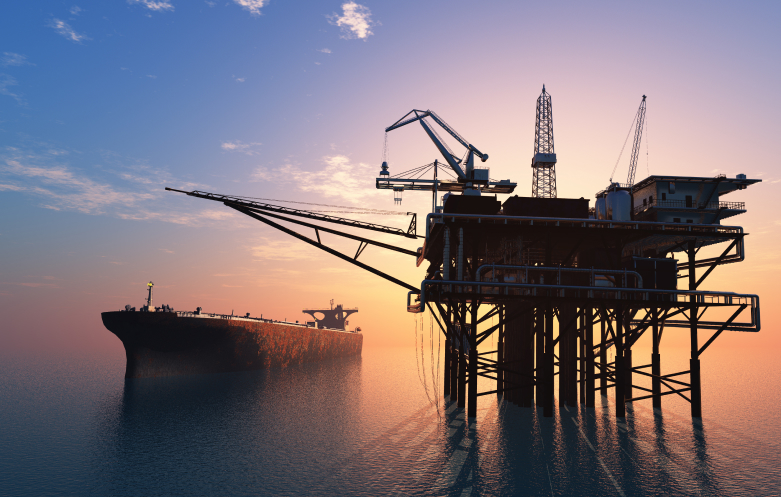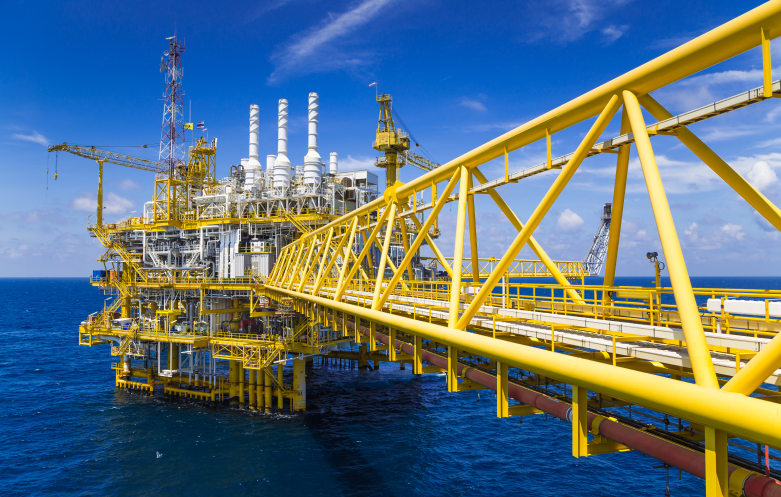Understanding the Opportunity for Local Disposal and Recycling Pathways
Australia’s growing decommissioning activity presents a significant opportunity for Australian businesses with the capability to manage the efficient recycling and disposal of materials and equipment.
Additionally, it offers opportunities for regional development.
This study assesses Australia’s existing capacities and capabilities for disposal and recycling of materials from decommissioned offshore oil and gas infrastructure, with a focus on three key areas, including:
- Assess the decommissioning ‘demand’, developing an inventory of the typologies and quantities of the equipment and materials requiring disposal.
- Assess Australia’s disposal ‘supply’, understanding existing waste disposal and recycling facilities, capability, and capacity, along with potential growth opportunities.
- Evaluate the feasibility of a 100% local disposal solution or, alternatively, maximising in-country solutions. Consolidate ‘supply’ and ‘demand’ to identify gaps and develop intervention strategies for further implementation.
In summary, this study:
- Establishes an understanding of materials requiring disposal and recycling through decommissioning offshore oil and gas facilities and equipment.
- Establishes an understanding of existing waste disposal and recycling facilities, including current capabilities and capacities, including likely disposal pathways for decommissioned offshore oil and gas infrastructure.
- Identifies gaps to achieve a 100 per cent local disposal and recycling pathway in Australia for oil and gas decommissioning, including production by-products such as NORM and Hg.
- Quantifies the potential cross-industry and regional benefits of supporting the establishment or improvement of facilities to manage a 100 per cent local disposal and recycling pathway.
The full version of this report as well as the other reports in the series is available to CODA partner members. To find out more email contact@decommissioning.org.au.





